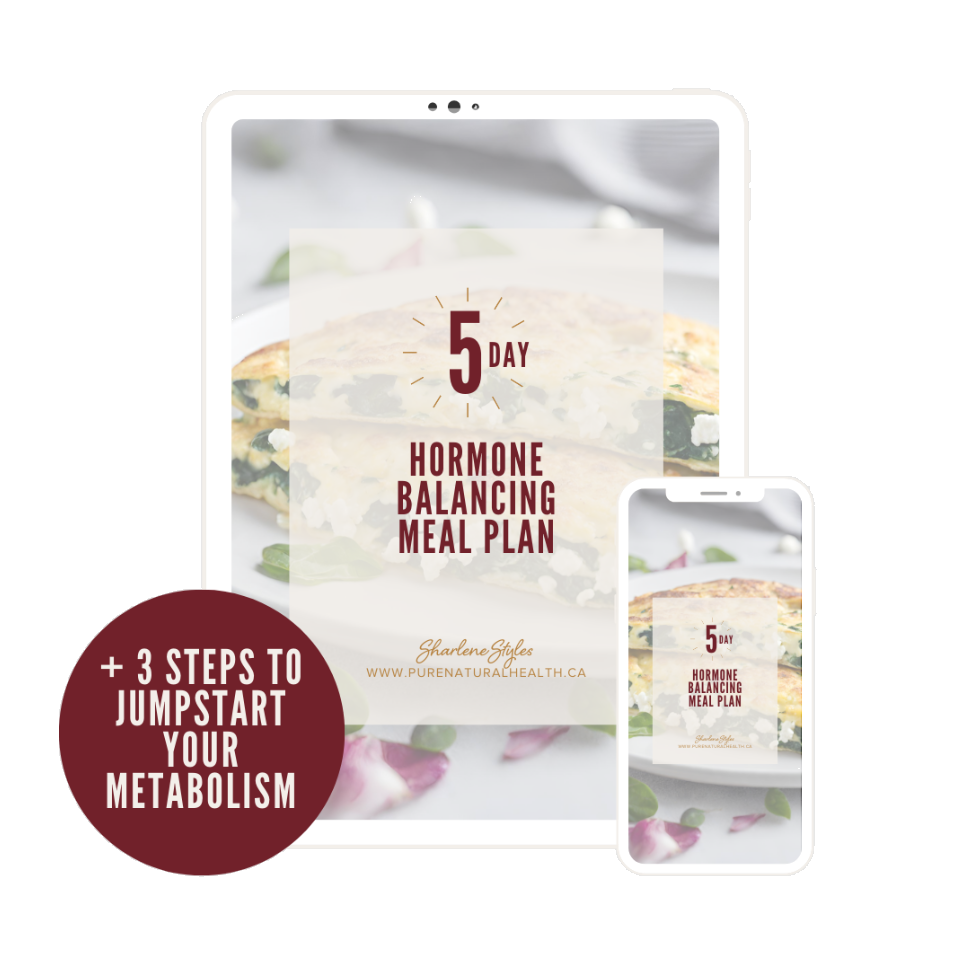Do you ever feel constantly tired, even after a full night’s sleep? Or maybe you’ve been working hard to lose weight but just aren’t seeing results? If so, you’re not alone. Many women, especially in midlife, feel like they’re doing everything right—eating healthy, exercising, even cutting calories—yet their energy levels remain low, and the scale won’t budge.
The missing piece? It could be your metabolism.
What is Your Metabolism Really Trying to Tell You?
Your body is a lot more incredible than it probably gets credit for. Think about it: right now, as you’re reading this, your body is doing millions of things just to keep you alive. It’s regulating your temperature, pumping blood, digesting food, repairing cells, keeping your brain sharp—it’s like having a full team of workers running in the background all the time. And it never takes a break.
Your metabolism is the powerhouse behind all of this. It’s not just about burning calories—it’s about turning everything you eat and drink into usable energy to keep those workers going. Every time you eat a meal, your body jumps into action, breaking down the food into fuel that powers everything from your muscles to your brain. Even when you’re sleeping, your body is hard at work, keeping things running so you can wake up and do it all over again.
But here’s where things get tricky: your body’s main priority is survival. It’s built to protect you first, and that means when things like stress, poor nutrition, or lack of sleep come into play, your metabolism slows down to conserve energy. So, if you’re feeling tired, moody, or stuck when it comes to losing weight, it’s not that your body isn’t doing its job—it’s that it’s doing what it thinks is best to keep you safe.
When we get frustrated with our bodies for not losing weight, performing better, or reducing pain, we forget that it’s actually working incredibly hard to protect us. Your body is always responding to what you give it—whether that’s the food you eat, how you move, or how much rest you get. So, instead of thinking, “Why won’t my body just cooperate?” try thinking, “What can I do to help my body feel supported?”
When your metabolism slows down, it’s like your body is putting the brakes on to make sure it has enough energy to keep you going through whatever life throws at it. That’s why just cutting calories or working out more isn’t always the answer. Your metabolism is connected to so much more—how you feel, how you sleep, and how you manage stress.
So if you’ve been cutting calories or working out more but still holding onto stubborn weight, your metabolism could be the key to unlocking what’s really going on.
Why Cutting Calories Isn’t the Answer to Your Struggles
Now, because your body’s goal is to protect you and keep you going, just cutting calories or skipping meals isn’t always the best strategy for weight loss or feeling better. In fact, it can do the opposite.
Many people believe that eating less is the key to losing weight, but the truth is, your body is much more complex than a simple equation of calories in and calories out. When your metabolism isn’t functioning properly, cutting calories can actually backfire. Instead of losing weight, your body might hold onto fat as a way to conserve energy, leading to frustration and more stress.
You might be eating salads, cutting carbs, or skipping snacks, yet the scale won’t budge. That’s because simply reducing calories doesn’t fix the underlying issues like blood sugar imbalances or hormone shifts that are keeping your metabolism from working properly.
That’s why understanding your metabolic function is so important. It’s about figuring out how well your body is processing nutrients, how balanced your hormones are, and whether inflammation is keeping you from feeling your best.
Understanding Your Blood: Key Markers That Unlock Your Metabolic Health
Think of this as getting a peek “under the hood” of how your body really works. A lot of times, doctors will check a few things here and there—maybe blood sugar or thyroid levels—but they often don’t look at the whole picture. That’s where things can get missed.
As a metabolic balance nutritionist, I’m looking at your body like a full system, where everything is connected. It’s not just about one number or symptom—it’s about seeing how your body handles nutrients, hormones, energy production, and even inflammation. By running these comprehensive tests, we can figure out what’s really going on with your metabolism.
You could ask your doctor to test some of these things, but here’s the thing: the power comes from understanding how these markers work together. It’s not just about spotting something out of range—it’s about knowing what to do about it. That’s the sweet spot of what we do: connecting the dots and helping you correct those imbalances so your body can get back to functioning at its best.
Here’s what we look at and why it matters:
1. Energy Levels and Oxygen Transport
If you’re feeling tired all the time, one of the first things we look at is your red blood cells and hemoglobin. These markers tell us how well your body is delivering oxygen to your muscles and organs. When these levels are off, it’s like trying to run your body on half the fuel it needs, and you might experience fatigue, low energy, and even brain fog.
2. Iron Levels: The Key to Feeling Energized
Iron plays a major role in your energy levels. If you’re low on iron, your body can’t produce enough energy to keep you going, which often leads to that “dragging” feeling throughout the day. Understanding your iron levels can help us target solutions that make you feel more energized without relying on stimulants like caffeine.
3. Blood Sugar and Weight Management
Struggling to lose weight despite eating less? It could be tied to your blood sugar. Fasting glucose shows how your body is handling sugar in the short term, while the A1c test gives us a bigger picture, reflecting blood sugar control over several months.
When either of these is off, it can lead to insulin resistance, making it harder to lose weight and leaving you feeling fatigued. Understanding both markers helps us target the real issue and create a plan to stabilize your blood sugar, which supports lasting energy and weight loss.
4. Hormonal Imbalances and Metabolism
Your thyroid plays a huge role in how fast or slow your metabolism runs. If your thyroid is underactive, you might experience symptoms like weight gain, low energy, and mood swings. We test TSH to see how well your thyroid is functioning, and this gives us critical information to help rebalance your metabolism and improve how you feel day-to-day.
5. Inflammation: The Hidden Blocker
Chronic inflammation is like a hidden roadblock in your journey to better health. Even if you’re eating well and exercising, ongoing inflammation can keep your body in a stressed state, making it hold onto fat and energy reserves. By measuring CRP (C-reactive protein), we can see if inflammation is affecting your metabolism and take steps to reduce it, which can help you feel lighter and more energized.
How This Information Helps You See Results that Last
The goal isn’t just to give you a list of numbers or tell you to eat less—it’s to give you a clear picture of what’s happening inside your body so we can tailor a plan that works with your biology. Understanding your metabolic function allows us to target the real issues—whether it’s blood sugar imbalances, hormonal shifts, or inflammation—so you can finally see results that last.
By focusing on your unique metabolic health, we move away from the outdated advice of cutting calories and instead create a personalized approach that gives your body the nutrients it needs to come back into balance—through food, not pharmaceuticals. This approach is highly customized to your body’s specific needs, which is why it works. It’s not about one-size-fits-all advice; it’s about understanding your body’s signals and using that information to see real, lasting change.
This personalized approach:
- Boosts your energy naturally
- Helps you feel more balanced and in control of your mood
- Supports healthy weight loss that lasts
- Improves hormone function so you feel your best
If you’ve ever felt like nothing seems to work, this might be the missing link. Your metabolism holds the key to making sense of it all—and once you understand it, the path forward becomes much clearer.Curious about how this fully customized and supported approach works? Learn more about my Master Your Metabolism program and how it can help you unlock lasting results.





